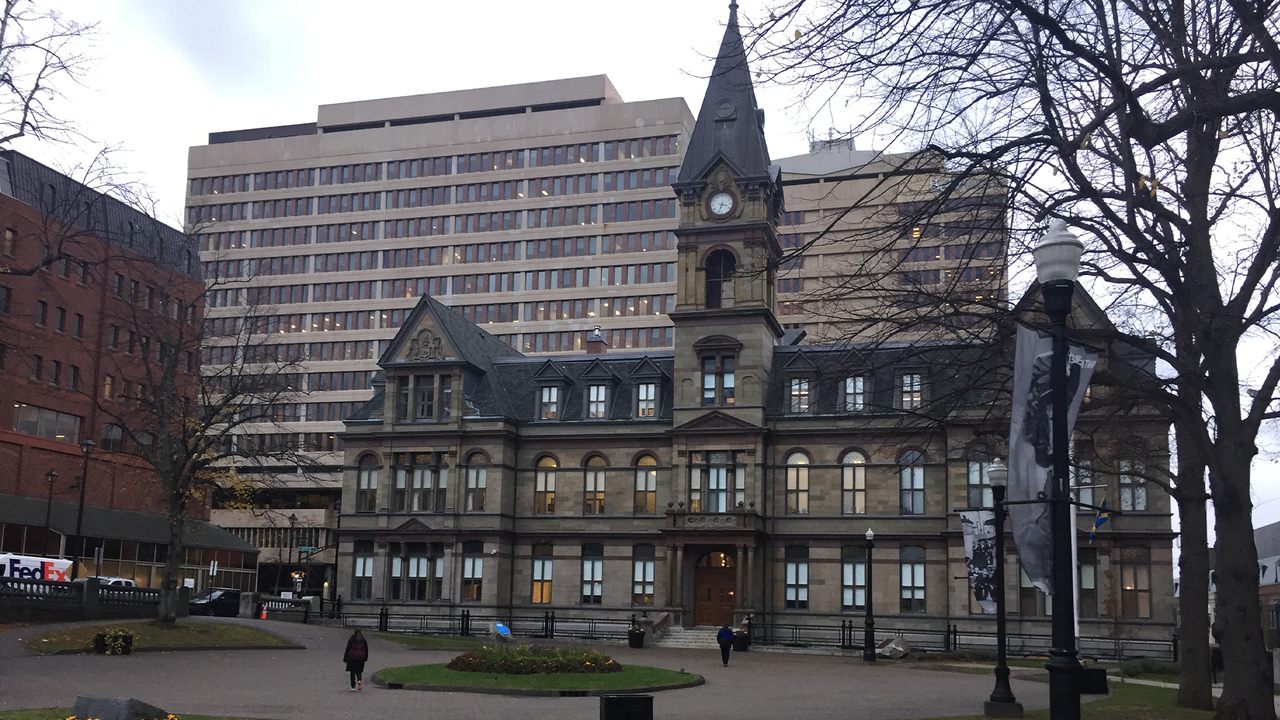Halifax is bringing a food charter to the table
‘Terrifying’ numbers show Nova Scotia has the highest food insecurity rate among the provinces

caption
The community planning and economic development committee met Tuesday at city hall to discuss a food charter in Halifax.Halifax is building an interactive food map to show residents where to access affordable, healthy food at all times.
The community planning and economic development standing committee is recommending that regional council endorse a food charter, which includes the map, and provide a financial contribution of up to $60,000.
Leticia Smillie, municipal representative for the Halifax Food Policy Alliance, presented a report on food security to the committee Tuesday.
“We have a serious issue. The cost of living continues to outpace income,” said Smillie, senior planner with community and regional planning. Related stories
One in five households in the Halifax Regional Municipality experiences food insecurity, which is the highest for the Canadian provinces, Smillie said. A basic nutritious diet for a family of four in Nova Scotia costs 63 per cent more since 2002, from $572.90 to $935.11 a month.
Despite a history of fishing and farming, said Smillie, the average distance food travels to reach the HRM is close to 4,000 kilometres, which has significant health, economic and environmental repercussions.
Smillie called these numbers “frankly terrifying” and said the municipality is facing the consequences of food insecurity through inequity, the loss of agricultural land and neighbourhood designs that do not factor access to food.
A map is a key part of the food charter plan. It has already been put together with baseline data and will allow residents to find places they can eat and buy sustainable food.
Coun. Paul Russell questioned Smillie about a marketing strategy to get residents to use the map.
“Google Maps already does a lot of this. How do we differentiate ourselves?” Russell said.
Smillie said the map is in its “very early days” and will continue to evolve. She said they are working with people who experience food insecurity to shape the map so it contains information they want. The map will include detailed information, including the seasonality of the food, whether it’s local and if the location is accessible.
Coun. Lindell Smith supports having a food charter.
“The data is disheartening and scary, but at the same time I think it’s important that we know what’s happening within the communities because that’s the only way you can really address it,” he said.
Smith raised the issue of restrictive covenants, agreements that may hinder the plan. He said in his north-end district, properties owned by major grocers had restrictive covenants that prevented the opening of other food suppliers.
Smillie agreed that restrictive covenants are an issue.
“Those restrictive covenants are like missing teeth in the smile of our communities,” she said.
Smillie said the Food Policy Alliance has worked with the Schulich School of Law at Dalhousie University to look into such restrictions and how to remove them. These restrictions could be incorporated into the food map, she added.
About the author

Madeline Biso
Madeline Biso is a student journalist at University of King's College. Her main interests are investigative and data-driven stories. When not...